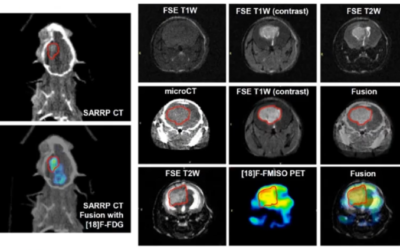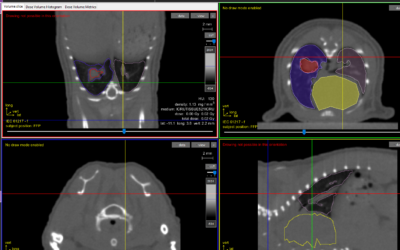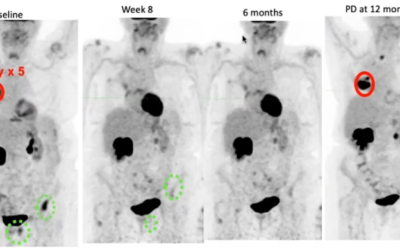The immune-modulating effects of radiotherapy (XRT) have gained considerable interest recently, and there have been multiple reports of synergy between XRT and immunotherapy. However, additional preclinical studies are needed to demonstrate the antigen-specific nature of radiation-induced immune responses and elucidate potential mechanisms of synergy with immunotherapy. Here, we demonstrate the ability of stereotactic XRT to induce endogenous antigen-specific immune responses when it is combined with anti-PD-1 checkpoint blockade immunotherapy. Using the small animal radiation research platform (SARRP), image-guided stereotactic XRT delivered to B16-OVA melanoma or 4T1-HA breast carcinoma tumors resulted in the development of antigen-specific T cell- and B cell-mediated immune responses. These immune-stimulating effects of XRT were significantly increased when XRT was combined with either anti-PD-1 therapy or regulatory T cell (Treg) depletion, resulting in improved local tumor control. Phenotypic analyses of antigen-specific CD8 T cells revealed that XRT increased the percentage of antigen-experienced T cells and effector memory T cells. Mechanistically, we found that XRT upregulates tumor-associated antigen-MHC complexes, enhances antigen cross-presentation in the draining lymph node, and increases T-cell infiltration into tumors. These findings demonstrate the ability of XRT to prime an endogenous antigen-specific immune response and provide an additional mechanistic rationale for combining radiation with PD-1 blockade in the clinic.
Sharabi AB, Nirschl CJ, Kochel CM, Nirschl TR, Francica BJ, Velarde E, Deweese TL & Drake CG.






